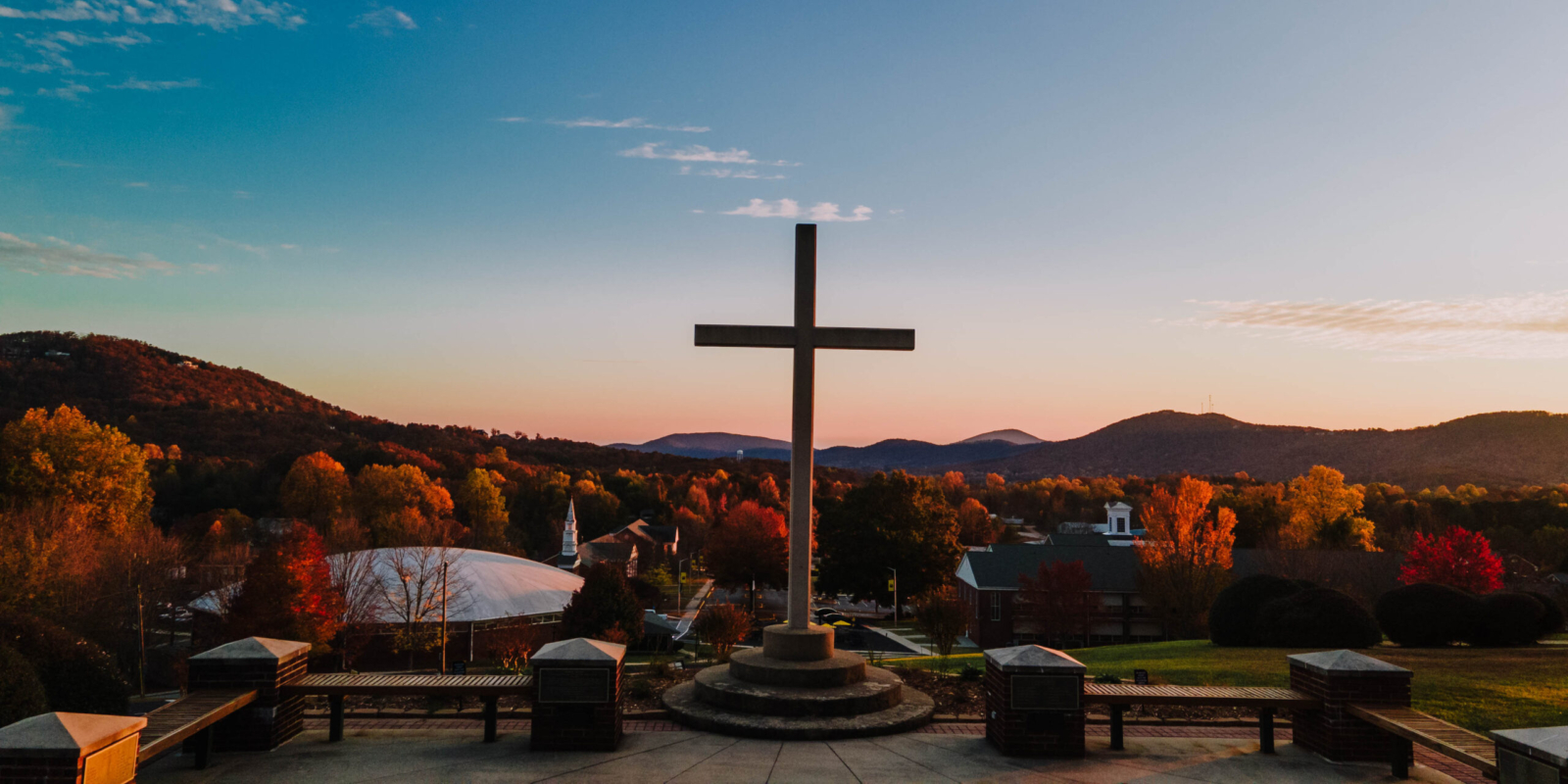By Nathan Welsh
CLEVELAND, GA., (TMNews) – Truett-McConnell’s Director of Alumni and Public Policy, Dr. John Yarbrough, gave a rousing sermon about preparing for revival in a country desperately needing it at the weekly chapel service on November 19.
Humble in God’s promises
Yarbrough began by stating that praying for revival is only the beginning. Quoting from 2 Chronicles 7:14, he stated: “If we will humble ourselves, seek His face, and turn from our wicked ways, He’s promised to hear our prayers and heal our land. America needs a healer.”
Yarbrough than delved into the word of God, preaching on 1 Kings 18:17-39. In this passage, Israel has been suffering from a famine for three years and God tells the prophet Elijah to speak to the evil king Ahab about sending rain back over the land.
Yarbrough revealed it was Ahab who decreed: “Every god was equal and no one could speak evil of any other god, or the exclusivity of their god.”
Drawing to modern day, Yarborough questioned the congregation: “Sound familiar?”
The test of fire
Elijah tells Ahab to gather all of Israel to Mt. Carmel, especially the 450 prophets of Baal and the 400 prophets of Asherah. He then issues a challenge to all of Israel: both Elijah and the prophets would make sacrifices to their respective gods and whichever one answered with fire would be the one true god.
The prophets of Baal went first, but failed miserably. Elijah went second. Yarbrough emphasized five steps Elijah took to prepare for revival.
“First, he repaired the altar, because the worship needed to be restored,” said Yarbrough. The altar to God on Mt. Carmel had been torn down, but Elijah rebuilt it in order to bring attention back to God.
“We make such a big deal over style,” Yarbrough stated. “I want you to know, it’s about the subject of our worship and the substance of our worship.”
Walking in blessed obedience
Next, Elijah had to be obey the word of God. “God’s not going to bless our disobedience. He’s going to bless our obedience,” Yarbrough said.
“If we’re going to see a revival, a spiritual awakening, we’re going to have to obey the inherent and infallible Word of God.”
Thirdly, Elijah tells the people around him to pour jugs of water over the sacrifice three times. Setting soaked wood on fire seemed impossible, but Yarborough exclaimed, “My God specializes in the impossible!”
Explaining further, Yarbrough said: “He [Elijah] created a situation which could only be solved by divine intervention.”
Next, our felt needs must be poured out. “They thought they needed water, but what they really needed was God,” stated Yarbrough.
Acknowledging the need for God
He then gave a list of possible things the students might need, whether that involved money, relationships, or good grades. “Pour it out,” Yarbrough pleaded, “What you and I need more than anything else in the world is God.”
Finally, the way has to be clear. Elijah had faith in God even though he knew he might be killed if God did not work. God did not let Elijah down. He sent fire from Heaven that consumed not only the burnt offering, but all the wood, stones, dust and water.
Yarbrough reminded the students of numerous past revivals. “He’s done it before, where He has been the talk of this nation,” said Yarbrough.
“My prayer is that your generation will see that, that you will minister in a spiritual awakening culture. [My prayer is] that you will live, work, and raise your families in a culture that sees that.”
He concluded to the students: “It can start with you.”
###
Nathan Welsh is a senior Christian Studies major and a freelance writer for TM.
Photo/Adam Roark
Return to News Archive